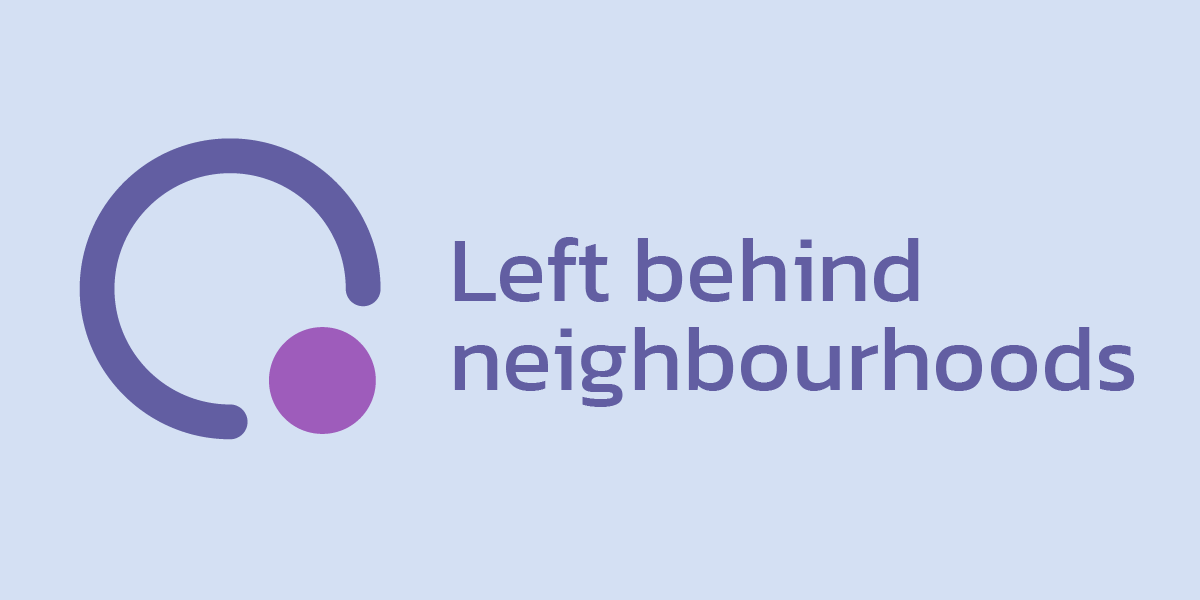
Local Trust and OCSI developed a quantitative measure of left behind neighbourhoods using open data, including developing a Community Needs Index for the first time.
The resulting report ‘Left behind? Understanding communities on the edge suggests that deprived areas, when combined with the absence of places to meet, the lack of an engaged community and poor connectivity, fare worse than other deprived areas.
The research contributed to the creation of an All Party Parliamentary Group (APPG) for left behind neighbourhoods. The APPG is a cross-party group of MPs and Members of the House of Lords. Dame Diana Johnson DBE MP and Paul Howell MP co-chair the group.
It is committed to improving social and economic outcomes for residents in communities that suffer from a combination of economic deprivation, poor connectivity, low levels of community engagement and a lack of community spaces and places.
We have provided research and analysis to the APPG covering various themes and how they impact upon residents living in left behind neighbourhoods. Below is a summary of the research to date.
This research (published in July 2020) uses the latest socio-economic data to identify the challenges faced by left behind neighbourhoods as a result of the COVID-19 pandemic.
The analysis covers:
The economic data dive looks at socio-economic data related to the economic characteristics of left behind neighbourhoods.
The research covers:
The report into connectivity was researched alongside the Campaign for Better Transport and Local Trust.
This research looks at the connectivity domain of the Community Needs Index in more detail. This research includes the latest data on:
We constructed a new combined connectivity measure, which assigns each left behind ward a combined score that measures overall ‘connectivity need’, and a ‘relative rank’, ranking each left behind ward relative to all wards in England. The higher the ‘connectivity need score’, the greater the transport issues faced by local communities. And the higher the ‘connectivity need rank’, the worse connected a left behind neighbourhood is related to other areas.
The community data dive looks at socio-economic data related to the strength of community in left behind neighbourhoods (LBNs) in comparison to other deprived areas and England.
The research covers:
This analysis looks at socio-economic data related to the living environment in left behind neighbourhoods.
This research covers:
The report into health inequalities was researched alongside The Northern Health Science Alliance (NHSA).
Our research fed into part two of the report and covers:
The General Election 2024 changed the political geography of the UK. Labour…
More
What is UKGrantmaking? UKGrantmaking is a landmark publication on the state of…
More
The Marmot Review, published back in 2010, still has important implications today…
More